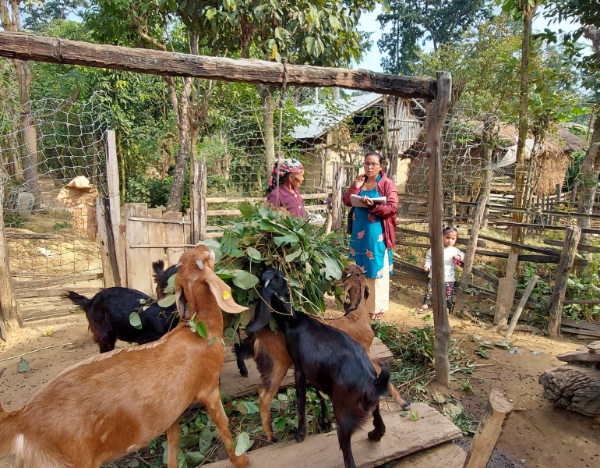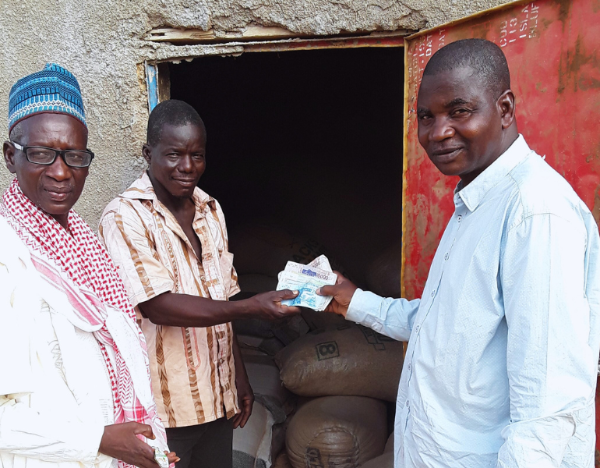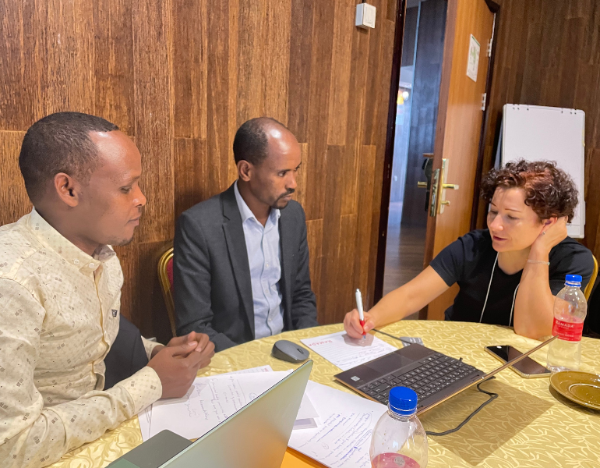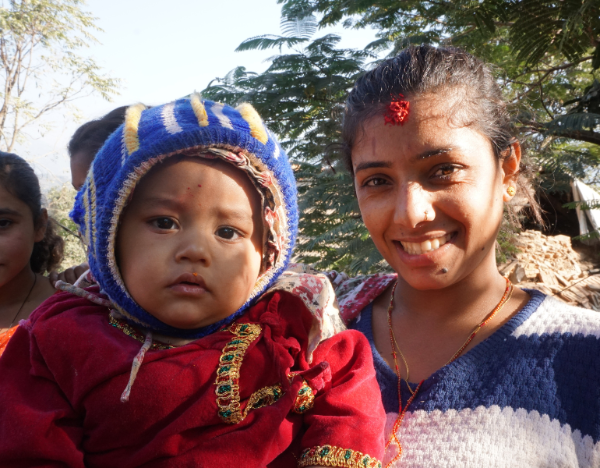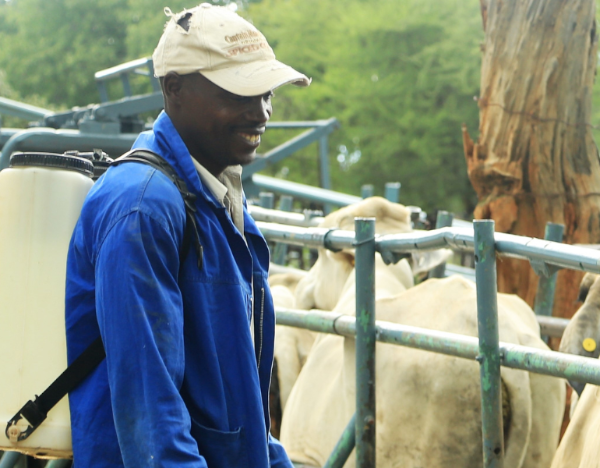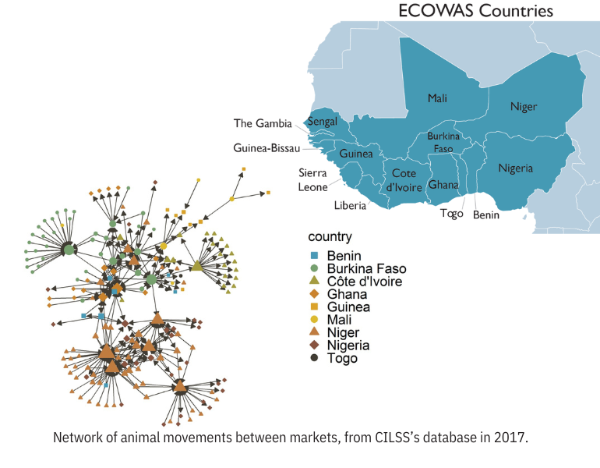Livestock Production & Disease Management
Supports, strengthens and expands existing One-Health research and training platforms and relevant projects to improve surveillance, reduce disease burdens, and increase ASF safety. This AOI employs a multidisciplinary, integrated approach to develop location-appropriate nutrition, genetic, lactation, reproduction, management, health, and ASF processing or preservation technologies that will enhance livestock productivity and ASF consumption.
